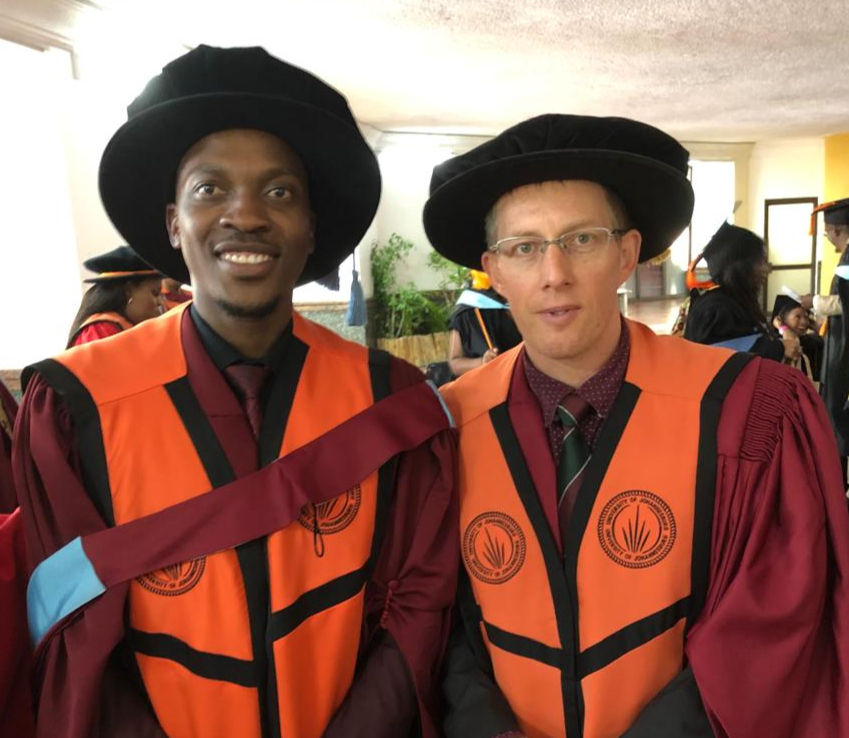Addressing school safety issues
- Andrew Hartnack
- Jun 27, 2023
- 2 min read
Updated: Aug 8, 2023
Every now and then there is cross-pollination between the different projects I have worked on. In this case, I visited Siyanda High School (Sweetwaters, Pietermaritzburg) a number of times between 2017 and 2019 with the Zero Dropout Campaign to interview the school’s Learner Support Agent, Thobeka Dladla. In May 2022 I again found myself at Siyanda High while assessing the gender-based violence ‘panic button’ initiative being piloted at the school by TB HIV Care. Thobeka and I were pleased to see each other again!

Under-resourced government schools such as Siyanda High face an uphill battle when it comes to providing the care and attention their learners require. Their learners come from households under considerable social, economic and psychological strain. These schools are in communities with high levels of unemployment, poverty, substance abuse, female or granny-headed households and violence. Learners come to school hungry – not only for food, but often for understanding, love, comfort and role-modelling. Yet schools are overcrowded and school managers and teachers have to focus on a plethora of bureaucratic demands from the Department of Education. They often cannot provide the level of care individual learners need, either academically or psycho-socially. It is sink or swim for learners, and there are very high dropout rates.
Fortunately the Department of Education introduced near-peer Learner Support Agents (LSAs) like Thobeka to work with learners and provide the kind of support teachers cannot. NGOs such as the National Association of Childcare Workers have trained these LSAs and paired them up with social auxiliary workers to provide an effective psycho-support team in such schools. This is at least one important start to identify and refer struggling learners, and provide them with the necessary care.
When I returned to Siyanda in 2022 I was assessing an innovation piloted by TB HIV Care to provide the LSAs with a gender-based violence panic button, which would immediately refer cases of GBV to the relevant services and authorities. I found that there were considerable barriers with using this tool because people are reluctant to be seen to have blown the whistle on alleged abuse. Nevertheless, as I explored in an academic article I wrote on this topic, it does have the potential to add a working referral pathway for LSAs like Thobeka who work with learners in isolated schools.




Comments